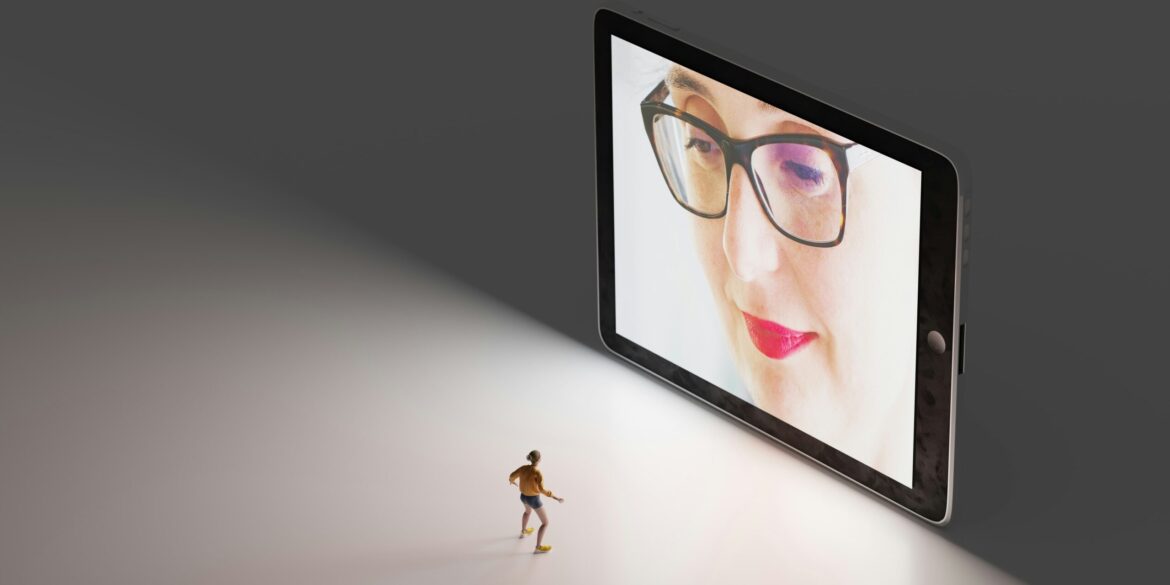Two major technology developments made headlines today, spotlighting the fast-evolving intersection of AI hardware and consumer wearables.
Samsung has agreed to a landmark $16.5 billion multiyear contract with Tesla to manufacture its next-generation AI6 chips at Samsung’s new fabrication plant in Taylor, Texas. These high-performance chips are set to power Tesla’s full self-driving systems, humanoid robot Optimus, and AI infrastructures such as the Dojo supercomputer. Elon Musk confirmed that Tesla will help streamline manufacturing efficiency at the Texas facility, which he described as strategically critical and conveniently located near his residence. The contract, beginning on July 24, 2025 and extending through at least 2033, marks a strategic effort to localize chip production in the U.S. and support Samsung’s foundry business—which has struggled to secure large clients amid delays at the Texas plant. Following the announcement, Samsung’s stock rose more than 6 percent, while Tesla shares climbed approximately 3 percent.
Meanwhile, in Shanghai, Alibaba officially unveiled its first AI-powered smart glasses—branded as Quark AI Glasses—during the World Artificial Intelligence Conference. The device incorporates Alibaba’s Qwen large language model and Quark AI assistant and supports features such as real-time translation, meeting transcription, hands-free calling, music streaming, and integration with navigation, Alipay, and shopping on Taobao. Two versions are expected: a standard model and an AI+AR version featuring dual Micro-LED binocular displays and a dual-chip system powered by Qualcomm’s Snapdragon AR1 and BES2800. Alibaba plans to launch the product in China by the end of 2025. The announcement boosted investor sentiment about Alibaba’s future in wearables.
Read Also: https://todayus.com/june-2025-fashion-trends-embrace-summer-vibes/
These developments illustrate how chip design and consumer hardware are rapidly converging under the expanding influence of AI technology. Tesla’s adoption of bespoke AI chips underscores the growing demand for custom silicon in high-performance applications, while Alibaba’s smart eyewear entry signals that smart glasses are transitioning from niche curiosities into potential mass-market devices. Market watchers see both moves as driven by strategic positioning: Tesla’s deal helps consolidate chip supply control at home, and Alibaba’s glasses showcase its ability to leverage a massive service ecosystem in hardware innovation.
Analysts note that Samsung’s Texas fab had previously struggled without anchor clients, making the Tesla deal a turning point for the plant’s viability and for Samsung’s broader foundry business. At the same time, Alibaba’s glasses position the company as a direct competitor to Meta’s Ray-Ban smart glasses and domestic rivals like Xiaomi. While Samsung aims to reclaim lost ground against TSMC in advanced AI chip manufacturing, Alibaba is pursuing a hardware-software synergy through Quark AI Glasses and its broader $53 billion AI investment pledge.
In sum, July 28 brought major moves on two fronts: a pivotal chip manufacturing deal that could shape the future of Tesla’s autonomous AI ambitions, and a bold wearable launch from Alibaba that may accelerate global adoption of AI smart glasses.


